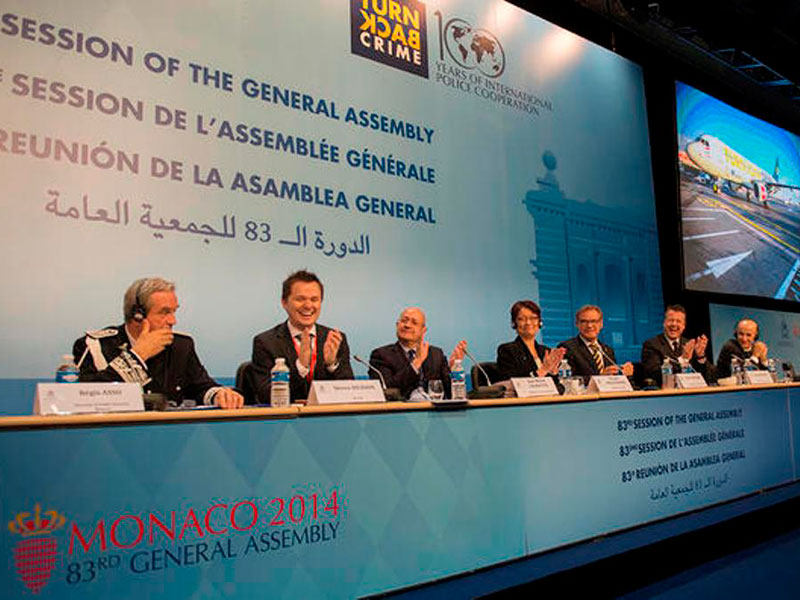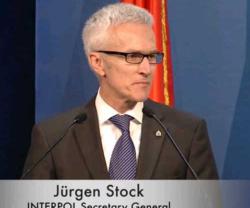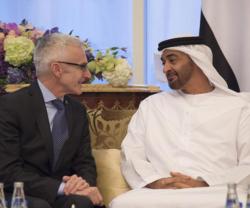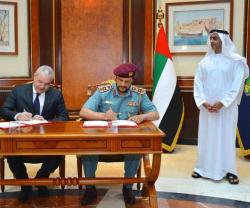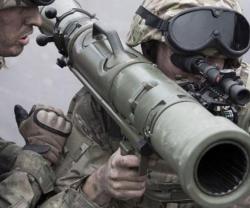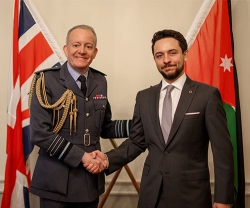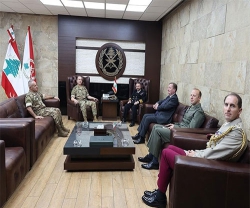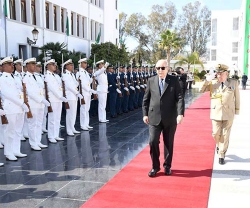The declaration was the outcome of a Ministerial meeting which highlighted that, with crime and terrorism in the 21st century posing unprecedented challenges to law enforcement, the implementation of new technologies and scientific methods would boost police performance by enhancing their ability to cooperate both nationally and internationally.
The declaration also urges authorities to liaise more closely, particularly in preventing and combating cybercrime and the specific challenge of preventing terrorists from using communication technologies to radicalize, recruit and incite others to commit acts of terrorism.
Other areas identified for action included encouraging countries to eliminate legal barriers through the adoption of international treaties and conventions, and to strengthen national law enforcement capacity.
INTERPOL Secretary General Ronald K. Noble said the Ministerial declaration provided a forward-looking strategy for advancing law enforcement cooperation.
“Our world is a vastly different place now than back in 2000 when I was first elected Secretary General, as are the crime threats we face today,” said Mr Noble.
“Since then, in order to help our member countries face these challenges, INTERPOL has been constantly adapting and improving its support to ensure that police have the tools they need, when and where they need them.
“This Ministerial declaration, combined with the work of the General Assembly, will build upon the strong foundations laid by INTERPOL, and ensure that the next 100 years of international police cooperation are as effective,” concluded the Head of INTERPOL.
Among the key crime issues to be discussed by Police Chiefs and other senior law enforcement officials during the remainder of the meeting are foreign fighters, cybercrime, border security and environmental security.
More than 1,000 delegates from 166 countries are attending this event.

